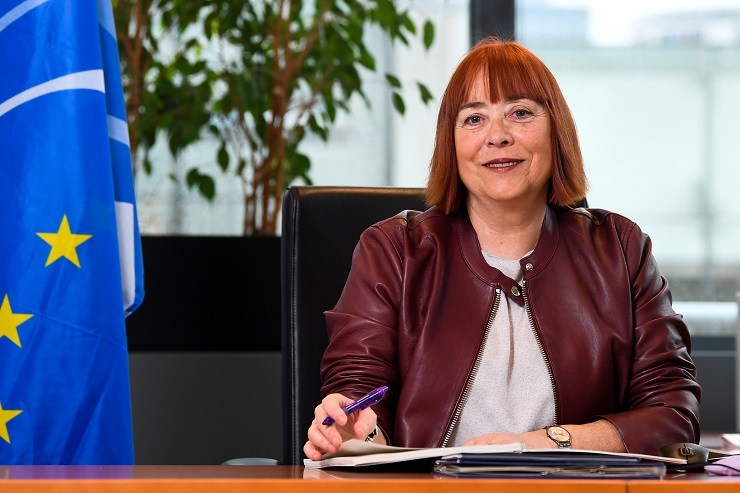"We live in a time where boundaries between opinions and facts disappear and where the findings of science no longer count," said the German journalist, Patrick Gensing in his book "Facts against fake news". Moreover, with the repetition of fake news, alternative facts and, over time, alternative realities are assumed to be true.
At the European Economic and Social Committee, we have been working for several years about this development and have devoted a number of seminars and opinions to this topic.
Disinformation or fake news can travel around the world unimpeded in just a few minutes, because control is inadequate and inaccurate information is corrected too slowly. Thus people easily can be manipulated.
The consequences for society are disastrous, including:
- Hate mongering against certain groups, especially against civil society;
- Trolling people working to achieve certain goals;
- Longer-term consequences, such as mistrust of anybody conveying news, including reputable newspapers and TV stations, etc.
With economic and social problems, growing inequality and various conflicts in the world, people become susceptible to misinformation: they distrust official statements and turn to conspiracy theories, tending to believe fake news.
This is a very dangerous development with the potential to create division between our societies and our countries. A division of our societies should be particularly concerning to us because it is more necessary than ever that we stand together in Europe to face today's challenges.
Freedom of expression is an important part of liberal democracy; however, we were not prepared for the digital age of communication. Now social media is for many the main source of getting information, but most of us are not well informed to handle it properly.
The challenges
Firstly, today, practically everyone can deliver news. For ordinary users, it is often unclear whether the information is true or false.
Secondly, because of the huge amount of information, people have withdrawn into their own little bubbles as it is more convenient to read messages that reinforce your own opinions or suspicions than to deal critically with other opinions.
Social media were intended to provide a vast space for freedom and democracy along with broader access to news, but now it seems that they are bypassing social controls and norms.
What needs to be done?
We need to direct the digital age and raise awareness.
We do not all have to become journalists but we do need to ask ourselves questions like a journalist: What is the source? Are there other sources? What does the victim, the opposing party, etc. say? In addition, is the information worth spreading? Is it worth commenting on?
Education is key here, and it should start very early. I think that when our children start to learn basic maths, they should also have access to a course covering digital issues. But not only children – we all should be taught a critical approach to the digital world. We all need to become "media mature".
In fact, I would even go further to say: we need ethics to be part of our education.
Isabel Caño Aguilar is the Vice-President for Communication in the European Economic and Social Committee


